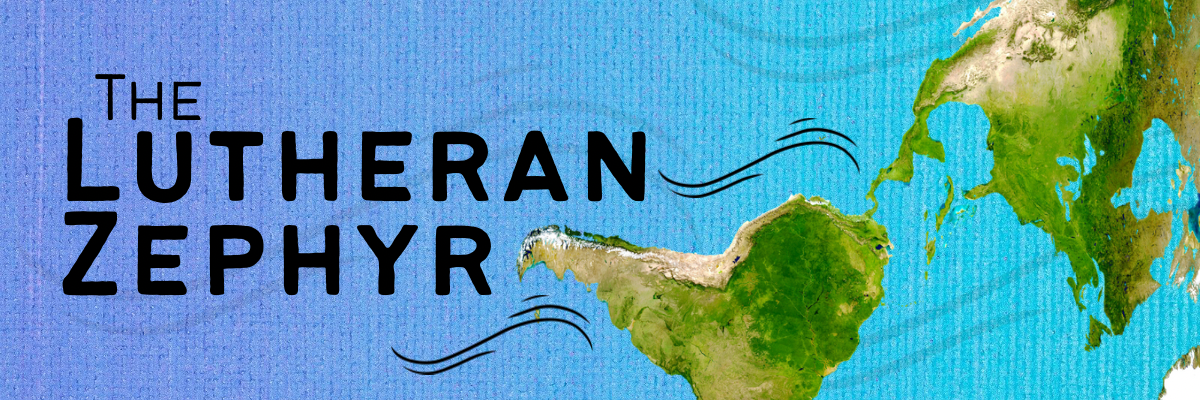The Daily Prayer page has been updated for the next seven days, taking us through the Fourth Sunday of Advent and into our Christmas Festival and season.
This week’s highlights include:
- the commemoration of Katharina von Bora Luther, Renewer of the Church, on December 20
- daily lectionary readings for the Monday after the Fourth Sunday in Advent, to be used prior to sunset on December 24
- readings and prayers for Christmas Eve and Christmas Day
- daily lectionary readings for December 26, based on the Christmas season
- readings and prayers for the Festival of Stephen, Deacon and Martyr, December 26
- (Occasions such as this challenge me. I love the Revised Common Daily Lectionary and its orientation toward the major festivals of the church. Should we, in these days following Christmas, read and pray according to the propers of the season of Christmas, a major festival, or according to the propers of the "lesser festivals" that fall within the season? In the midst of the season of Pentecost or Epiphany the choice seems easy to me – follow the lesser festival – but in this season of Christmas I am inclined to follow the propers for the season. Of course, if I were to pray twice per day I could do both . . .)
Let us pray.

But… The readings for St. Stephen *are* the readings for the Christmas season…
If you go back to the old lectionaries and sacramentaries (9th-11th cent.) they used to give two full cycle of readings: one following the temporal cycle (the cycle of the seasons and occasions that mark the life of Christ) and one following the sanctoral cycle (the death days of the saints and martyrs). Even in those reckonings, St Stephen (the 26th), St John the Evangelist (Dec 27th), and the Holy Innocents (Dec 28th) appeared in the temporal section when by all rights they *should* have appeared in the sanctoral section.
The theological point they were making is that Stephen, the first Christian to die for his faith, and the Holy Innocents, the first people to die for Christ, are intimately bound up with the Incarnation. St John is honored then for the way he proclaimed Christ’s divinity in the midst of his humanity (at least, that’s the direction all the propers go in…).
Welcome by http://www.martin-luther2017.de to Lutherstadt Eisleben